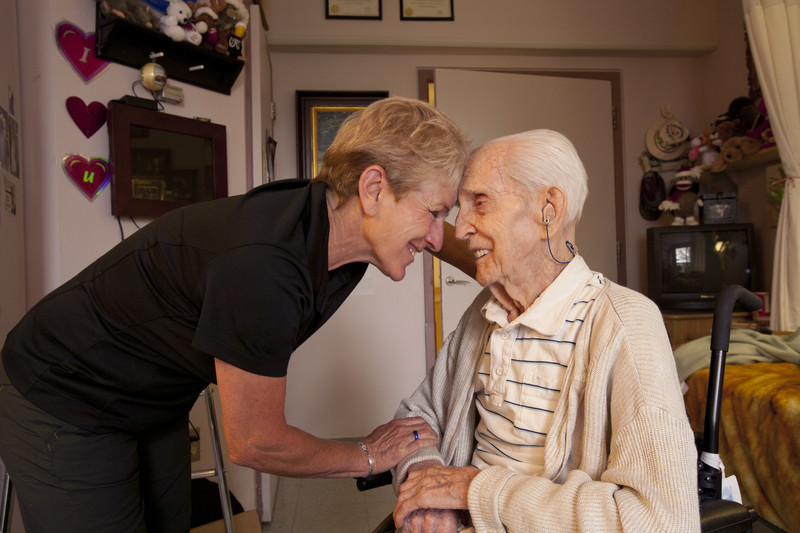In this article, Comfort Keepers® reviews essential legal documents, health information and other legal considerations for seniors and their families to reduce stress when critical life decisions need to be made – and to ensure that a senior’s wishes are fulfilled.
For more complete information on the subjects covered below – and to find out about laws specific to your province – talk with your lawyer.
Online Resources
In addition, you can find more detailed information on important legal matters for seniors by visiting the National Elder Law Section of the Canadian Bar Association.
Simply click on http://www.cba.org/CBA/sections_elder/main/ and you’ll find information you need to begin making your way through the complex maze of legal issues for the aging.
Advance Health Care Directives (Living Wills)
These are legal documents through which an individual specifies the types of medical intervention and long-term care choices to be made on his or her behalf in the event he or she is unable to make decisions due to illness or incapacity.
Advance directives come in two forms:
- A living will, which provides instructions for the types of health care treatment that should be provided.
- A durable power of attorney for health care, which appoints a person to make decisions on the individual’s behalf when the individual is incapacitated
Both forms of advance directives are recommended. To make certain they are followed, you should discuss them with your loved ones and give copies to responsible family members, a personal physician and other trusted individuals.
Wills and Trusts
Wills enable individuals to declare who gets their personal possessions when they die. Wills prevent legal problems and potential conflicts for family members. If you do not have a will, your assets could be distributed according to applicable law. Many estate attorneys suggest that both spouses have a will and update it regularly to reflect changes in the estate.
Trusts come in several types, including a living trust. They are created for many reasons, including to avoid probate (in which a court decides settlement and tax value of an estate), to help care for a dependent family member, and to assist in estate and tax planning. As with any legal document, it’s best to consult an attorney.
Power of Attorney
Many people believe that if something happens and they are unable to make decisions for themselves, their family can do so for them. This is not necessarily true. For financial decisions, legal authority is needed. You can give this authority by naming someone in a continuing power of attorney for property.
For personal care decisions such as where you live or what you eat, you can give legal authority by naming someone in a power of attorney for personal care.
When an individual does not complete a power of attorney to specify who he/she wants to act on his/her behalf in the event of incapacity, a court can appoint a power of attorney after the individual becomes incapacitated.
Collecting Important Information
Seniors can be a big help to their loved ones by organizing their important documents as well as medical, financial and other personal information so it can be easily accessed in the event of a medical emergency or other crisis situation.
Healthline.com recommends recording essential information and location of key documents in a large notebook and organizing copies of pertinent documents in expandable files. Seniors should review this collection with loved ones so they know where to find it.
Following are information and documents to include:
- Birth certificate
- Social Insurance Number
- Life insurance information, including policy number
- Names and addresses of family physician and medical specialists as well as information on hospital admissions and dates of office visits and other medical history.
- Special arrangements made for health care, including advance directives
- Funeral prearrangements
- Trust documents
- Will
- Sources of income and assets
- Bank statements and safe deposit box locations
- Mortgage papers
- Investment records
- Negotiable securities
- Credit card information
- Most recent income tax return
- Loan papers
- Divorce papers
Individualized Home Care Options
Long-Term Home Care, 24 Hour Home Care & Short Term Care Options Customized for You







